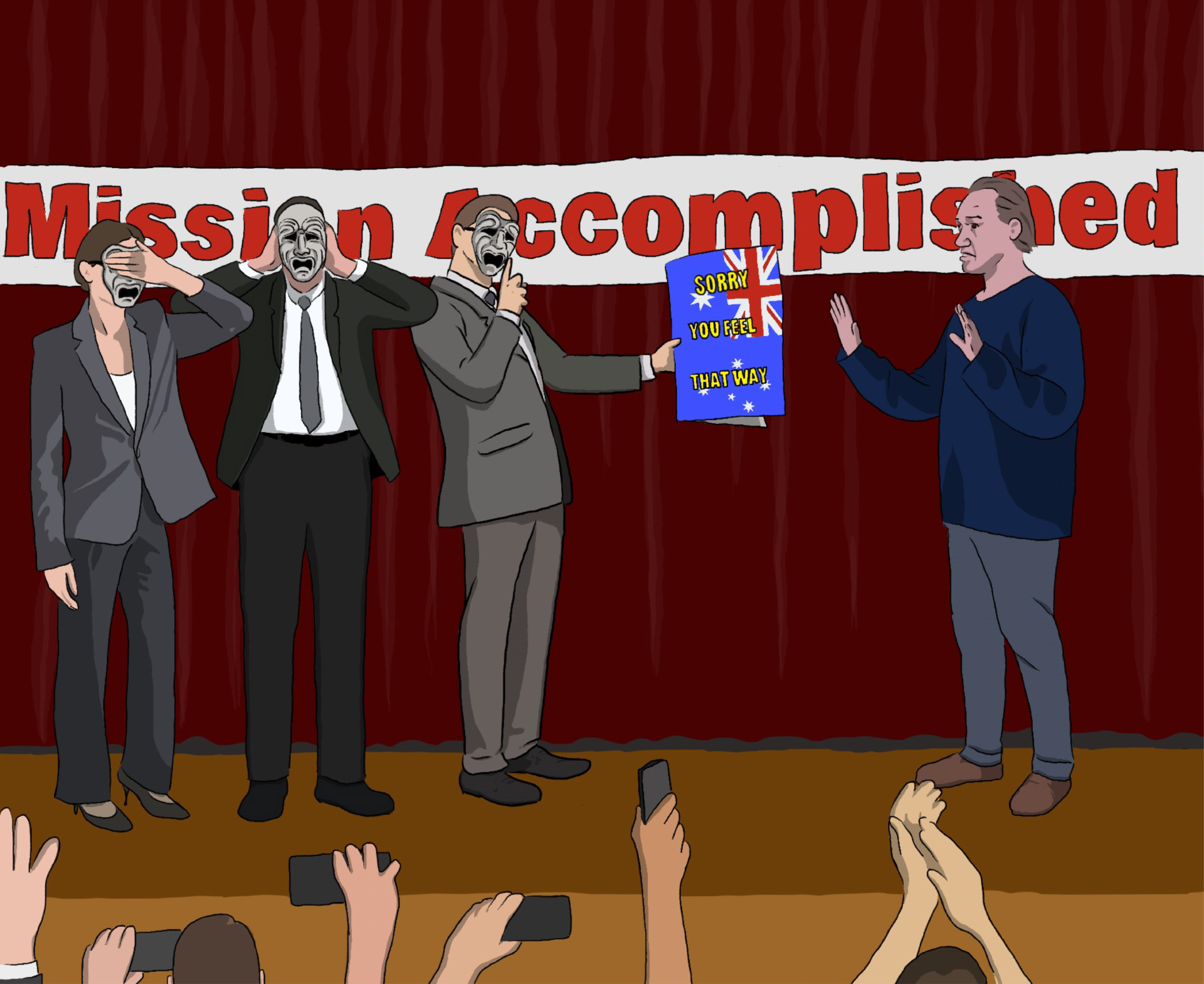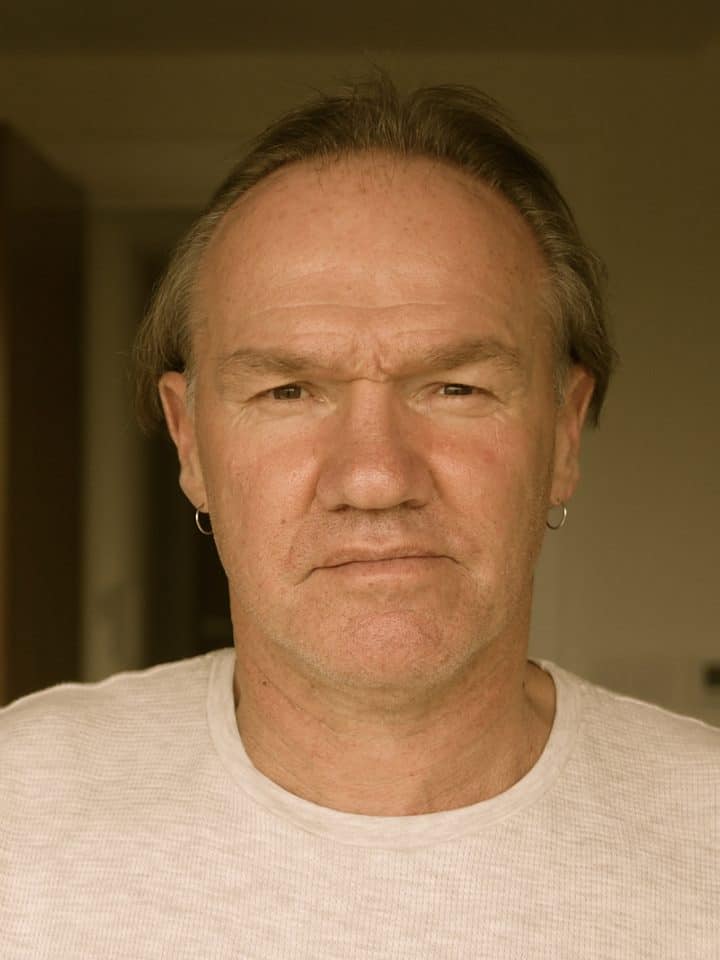The Yoo-rrook Justice Commission: seeking truth and justice

In June 2020 the legislative journey that resulted in the establishment of the Yoo-rrook Justice Commission began life in the lower house of the Victorian state parliament. Agitation for a form of ‘truth-telling’ had been strongly voiced by the Victorian Aboriginal community during a series of Treaty forums held in the years immediately prior to the Commission’s establishment. A key requirement of the Justice Commission is that it ‘will investigate both historical and ongoing injustices committed against Aboriginal Victorians since colonisation by State and non-State entities, across all areas of social, political and economic life.’ The outcome of the extensive brief will be watched closely by Aboriginal people in Victoria, who are seeking true justice supported by an assertive legislative framework.
The concept of truth-telling, which has become something of a mantra in recent years with regard to addressing injustices against Aboriginal people, does offer potential for justice. Unfortunately, it might also something far less. White Australia’s approach to justice, compensation and reparations has, historically, failed to move beyond acts of symbolism that have produced an afterglow that warms the heart of the coloniser. A history of Royal Commissions, carnivalesque processions, apologies and tearful mea culpas eases the burden of the coloniser, while doing little or nothing to rectify the suffering and loss experienced by Aboriginal people.
We know that when people who have experienced violence, both physical and psychological, remember and re-story events from their past, the triggering event often creates additional trauma. We also know that despite the emotional difficulties that truth-telling creates, Aboriginal people have been encouraged to tell our stories on the pretext that such testimony is a vital component in enacting change. Therefore, Aboriginal people who have suffered greatly, both as children and adults due to acts of colonial violence, have been prepared to provide evidence of past wrongs in the hope that they will be heard, and justice will eventuate. One of the shocking outcomes of colonial amnesia and silence is that Aboriginal people are not only the custodians of our own story, but we also live with the burden of having to remember on behalf of a nation unwilling to speak on its own behalf. Exacerbating a culture of injustice, white Australia remains as deaf as it is mute.
In 1996, a close friend of mine provided evidence to the Human Rights and Equal Opportunity Board’s inquiry into the removal of Aboriginal and Torres Strait Islander children from family and community. The hearings held across the country produced the Bringing Them Home report in 1997. (The overwhelming majority of its recommendations have never been implemented). The story my friend would tell at the hearing she attended was of such a traumatic nature that her story was heard in a closed situation. Before she left Melbourne to present her evidence, I asked my friend she felt about having to revisit the violence her family had been subject to at the hands of white authorities. She told me that although she was anxious about what she was about to do, she felt it was important, ‘so that big change can come.’
Well, little or no change resulted and many Aboriginal people, particularly those who had given evidence to the Bringing Them Home hearings, were further traumatised, including my friend, distraught at not only the lack of action by Commonwealth and State governments, but the additional abuse that members of the Stolen Generations were subsequently subject to. The usual suspects amongst right-wing populist media outlets accused Aboriginal people of suffering from false memory syndrome. The prime minister of the day, John Howard, appearing before a gathering of Stolen Generation survivors in Melbourne, resorted to thumping a lectern and spitting bile into the microphone as a form of communication, while the eruption of Australia’s ‘History Wars’ at the end of the twentieth century, became a battle between truth and a continuation of white Australia’s mythologised version of history – that of ‘settlers’ toiling in a harsh and empty land.
Unfortunately, there is no need to cling to a terra nullius narrative of the past to deny Aboriginal people justice and a right to present our story of the past with dignity. In 2000, two Aboriginal people who had been removed from family and community as children, Lorna Cubillo and Peter Gunner, presented a case to the Federal Court in an effort to seek justice for the suffering they had experience while incarcerated. Lorna Cubillo had been sent to the Retta Dixon Home in Darwin, while Peter Gunner became an inmate at the St Mary’s Hostel in Alice Springs. The testimony that both Cubillo and Gunner had suffering physical and sexual abuse while institutionalised was accepted as truth, as was the trauma they continued to suffer as adults, with both applicants experiencing lifelong trauma and depression as a direct experience of their childhood removal.
Both Lorna Cubillo and Peter Gunner were taken from their families under the auspices of the Aboriginal Ordinance 1918 (NT). Therefore, the Commonwealth was responsible for both their removal and subsequent ‘care’. And yet, the legal case, in which two Aboriginal people had presented themselves as truth-tellers on behalf of thousands of others failed. The Federal Court concluded that the Commonwealth could not be held responsible for acts of violence committed by staff members working in the Homes to which the government itself had delivered vulnerable children. Following removal, Lorna Cubillo and Peter Gunner, like many thousands of Aboriginal children, had been stripped of their culture, their dignity and basic human rights in an attempt to destroy their identity by denying them a life amongst their own families.
The Yoo-rrook Justice Commission will be seeking an outcome that deals with both truth and justice. Past experience informs us that with regard to truth-telling, Aboriginal people have done the heavy lifting on so many occasions, presenting self-truths while also acting as memory-tellers for a white nation shy of its own story. With regard to justice, it has been sadly lacking for close to two hundred and fifty years now. The time for white Australia gaining comfort from the trauma and grief of Aboriginal people must end. Truth without justice is not only evidence of failure. It is yet another act of colonial violence.
Cover Artwork by Tom Munro-Harrison follow on insta tom_munro_harrison




